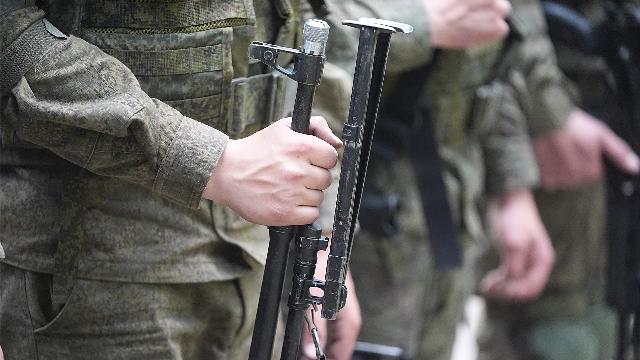It is planned to open 15 new schools in 10 years to train more pilot officers, medics, and specialists in unmanned systems.
In Russia, the military education system is being significantly expanded. The Ministry of Defense is discussing a plan according to which 15 new universities will be opened in 2025-2034, a source in the military department told Izvestia. If this initiative is approved, new schools will appear in the country, where officers, pilots, tank crews, doctors, and specialists in unmanned systems will be trained. Experts note that the Russian army needs officers and new military schools will help solve this problem.
From Pushkino to Khabarovsk
The Russian Ministry of Defense is discussing an initiative to create 15 new higher military institutions within ten years. The training of cadets in them will begin in the period from 2025 to 2034, sources familiar with the situation told Izvestia.
The decision to establish two universities has already been made. In 2025, the Saratov Higher Military Engineering School of Radiation, Chemical and Biological Protection and the Nizhny Novgorod Higher Military Engineering School will open. Preparations for the admission of cadets are currently being completed there.
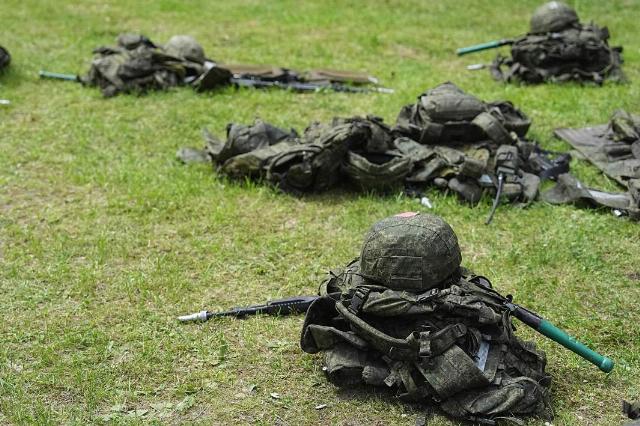
Photo: IZVESTIA/Pavel Volkov
Image source: iz.ru
According to the interlocutors of the publication, most educational institutions can start their work in 2026 — three at once. According to the preliminary plan, these are the Chelyabinsk Higher Tank Command School, the Ulyanovsk Higher Military Aviation School of Pilots and the Novocherkassk Higher Military Command School of Communications.
In 2027, the Higher Military School of Unmanned Systems Troops in the Moscow Region will begin recruiting cadets. In 2028, he graduated from the Omsk Higher Combined Arms Command School. In 2029— the Krasnoyarsk Higher Military School of Air Defense Radio Electronics. In 2032, he graduated from the Pushkin Higher Military School (aerospace Defense).
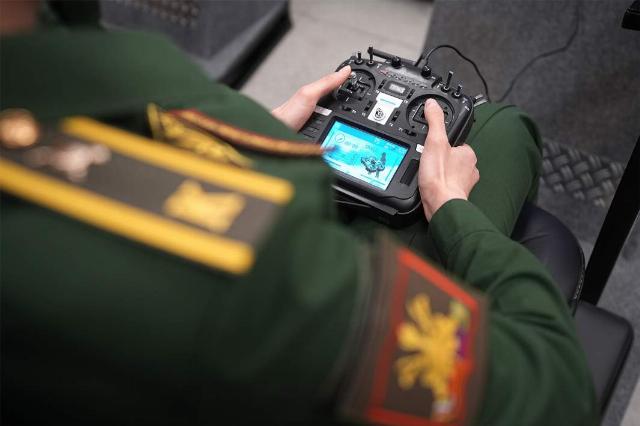
Photo: IZVESTIA/Pavel Volkov
Image source: iz.ru
Within a few years, it is proposed to open four branches of the Military Medical Academy: in 2029 - in Sevastopol, in 2032 — in Samara, in 2033 — in Novosibirsk, in 2034 — in Khabarovsk. The Tomsk Higher Military Command School of Communications will be the last to accept cadets — this should happen in 2034.
New schools will fill the shortage of officers
Military experts noted that most of the universities on the list used to exist in the same cities and were closed during the reforms in the post-Soviet era.
New military universities will train the missing personnel for the Armed Forces of the Russian Federation, they note.
— There are not enough officers now, especially at the lower and middle levels — this is felt during the military training. We should not forget that new military formations and districts are being created, where competent commanders are also needed," military expert Viktor Litovkin told Izvestia. — We need officers for all branches of the armed forces now. SVO is a conventional conflict where UAVs play an important role. But a hypothetical clash with NATO will have a different character — the role of drones will fall. But rocket weapons will be used more actively, the role of aviation, artillery, which can use special munitions, as well as RCB troops, and military medics will increase.
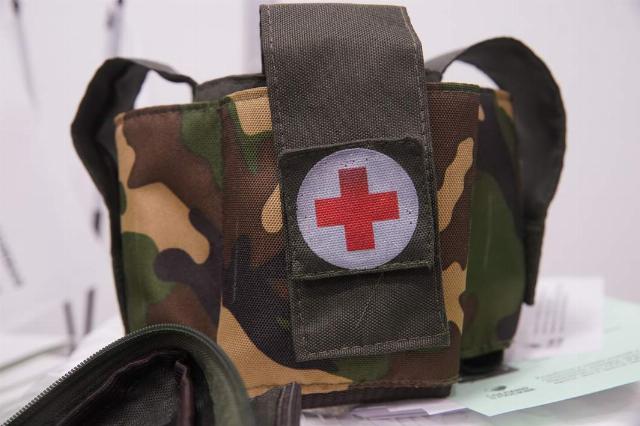
Photo: IZVESTIA/Eduard Kornienko
Image source: iz.ru
The expert highlighted the revival of medical military universities.
"A military medic is very different from a civilian,— Viktor Litovkin explained. — The specifics are different. Future military doctors study and are able to treat gunshot, mine-explosive and other wounds. Ordinary doctors don't know this, they're not trained for it.
In the course of organizing the work of new military universities, two issues will have to be resolved — personnel and material support, Colonel Alexander Perendzhiev, associate professor at Plekhanov Russian University of Economics, told Izvestia.
— But you can always get out of the situation. For example, teachers in many subjects not directly related to military affairs can be recruited from civilian universities. It is also necessary to find buildings and provide a material base for new schools. The assistance of the civil authorities will be appropriate here. For example, presidential plenipotentiary representatives in the federal districts of the Russian Federation and governors. The number of cadets admitted to schools can be increased gradually, depending on the pace of strengthening the material base and teaching staff," he stressed.
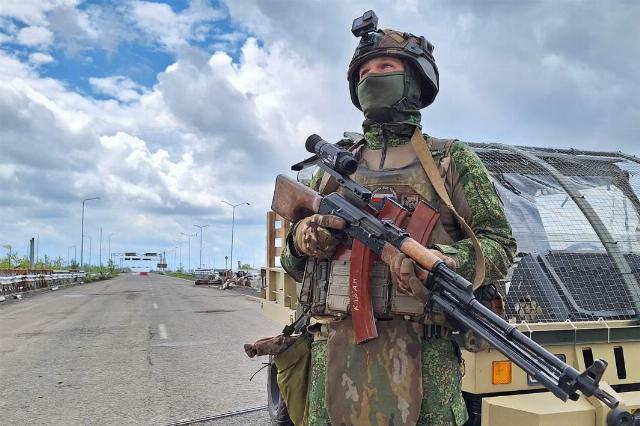
Photo: IZVESTIA/Dmitry Astrakhan
Image source: iz.ru
There is a problem of recruiting scientific and pedagogical staff to 15 universities at once, even if for ten years, agreed, answering a question from Izvestia, an ex-deputy of one of the military universities for academic affairs. But the ways to solve it are clear.
"They will involve specialists with experience in their own field," he believes. — They will be taken to the adjunct school for the training of scientific and pedagogical personnel. According to the social policy of the state, officers who have been injured will be involved there first of all. They will hold academic positions in the future. They will also attract specialists from military training centers located at Russian federal universities.
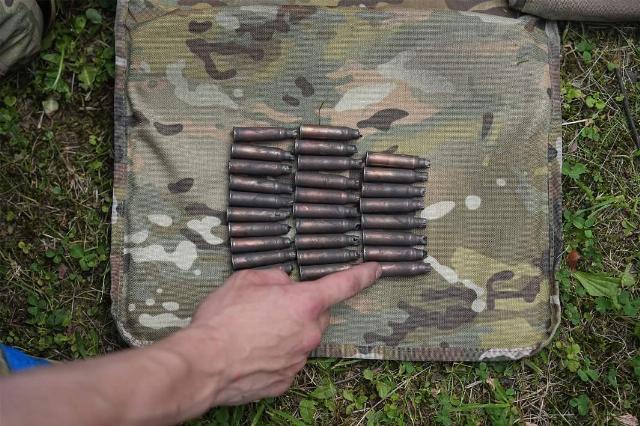
Photo: IZVESTIA/Pavel Volkov
Image source: iz.ru
New training places will be needed not only by the Russian army. Viktor Litovkin recalled that the demand for training in our military universities is growing among foreigners.
— They also need places, and not at the expense of training their staff, — the expert explained. — This is an important matter, and it should not be left to chance. People who have been educated here know Russian and understand Russia. The foreign officers trained in our universities represent Russia's soft influence in different regions of the world for decades to come.
The first schools
The Higher Military Engineering School of Radiation, Chemical and Biological Protection will open its doors on September 1 this year. It will bear the name of the deceased Lieutenant General Igor Kirillov, Hero of the Russian Federation. From 1932 to 2009, Saratov already had a higher military engineering school of chemical protection, which was popularly called "himdym".
This year, the Nizhny Novgorod Higher Military Engineering Command School, which was closed in 2010 but has now been revived, will also accept cadets. It is considered the successor of the first national school of military engineers, established by order of Peter the Great in 1701 at the Cannon Yard in Moscow. Among the graduates of the university are commander Mikhail Kutuzov, writer Fyodor Dostoevsky, Lieutenant General Dmitry Karbyshev, historian and statesman Vasily Tatishchev, scientist Pavel Yablochkov, head of engineering works during the defense of Sevastopol in 1854-1855, Eduard Totleben, as well as the head of the defense of Port Arthur, General Roman Kondratenko. This school was closed more than ten years ago.
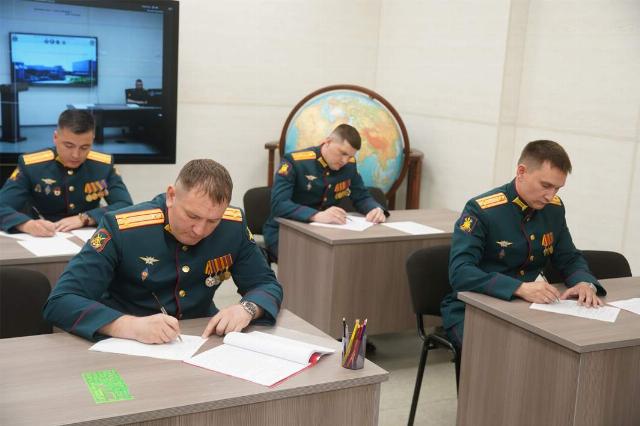
Photo: IZVESTIA/Eduard Kornienko
Image source: iz.ru
Earlier, Izvestia wrote in detail about plans to create a higher military school for unmanned systems troops, which is scheduled to open on September 1, 2027. It will produce officers for a new branch of the military.
So far, there are no specialized military universities in the field of unmanned systems in Russia. Appropriate training is conducted in some military schools of a different profile. In particular, the Zhukovsky and Gagarin Air Force Academy has a faculty of unmanned aircraft. And at the Ryazan Higher Airborne Command School, cadets are trained under the program "The use of units with unmanned aerial vehicles." The new military university will train officers for the unmanned systems troops being created, which need commanders and specialists.
Timofey Volkov
